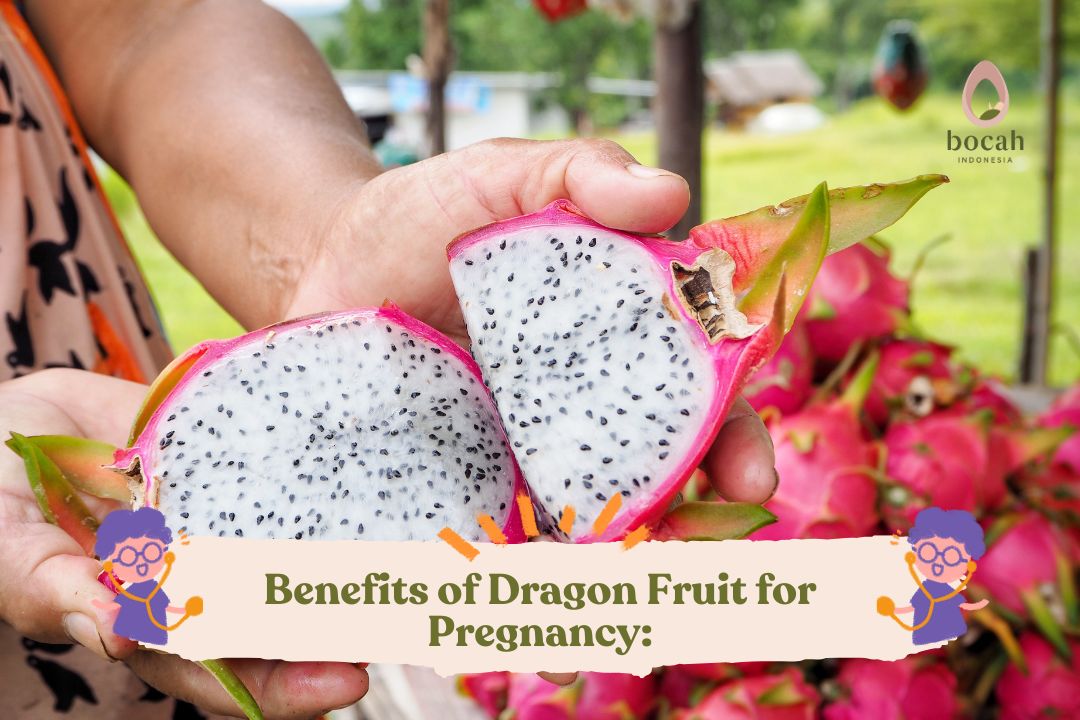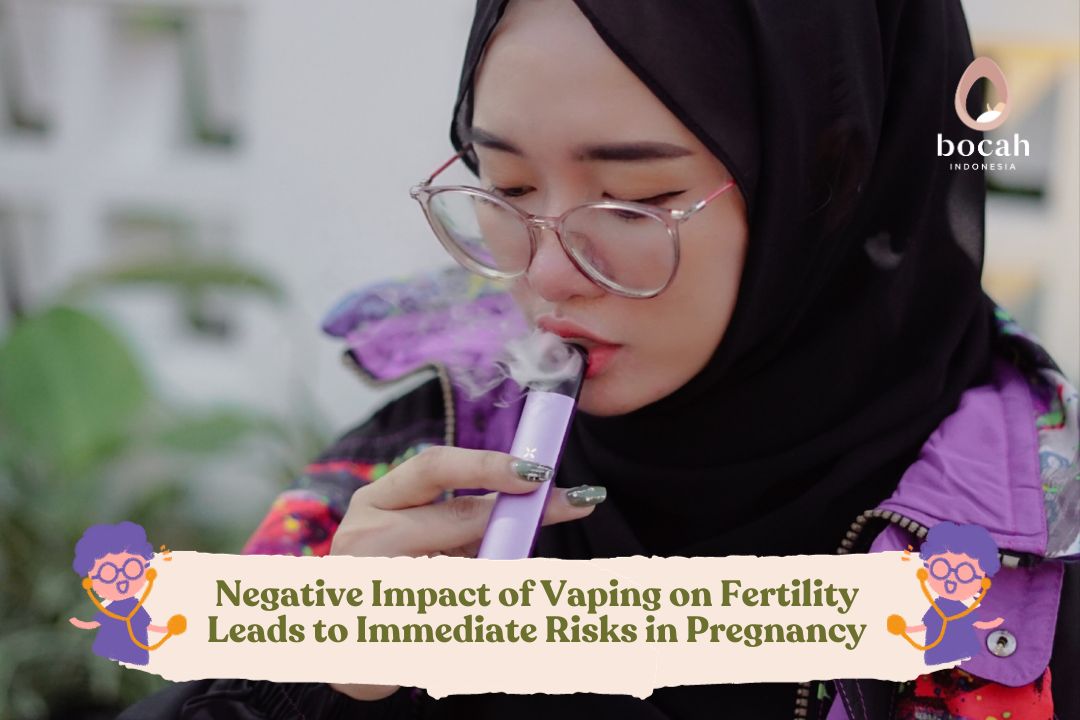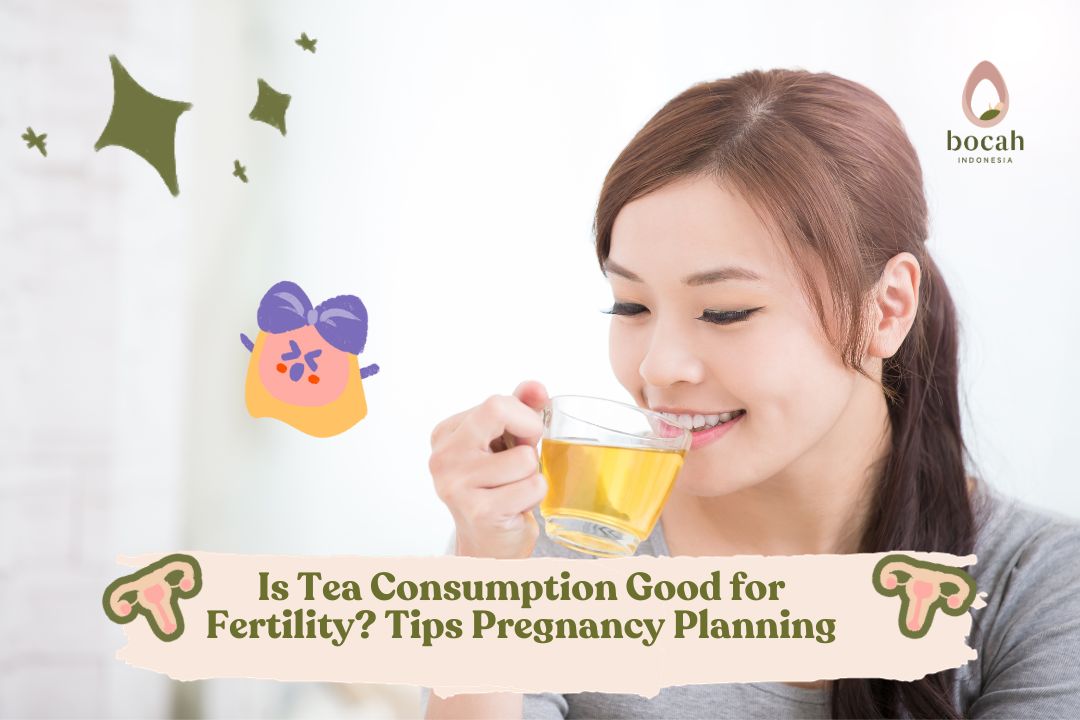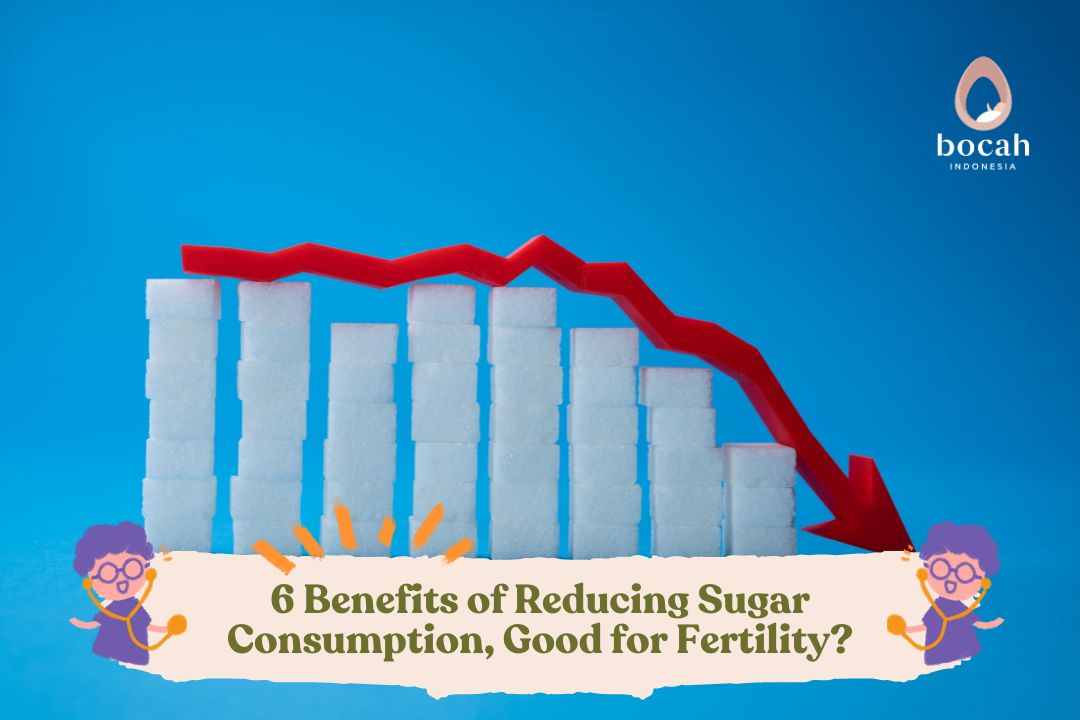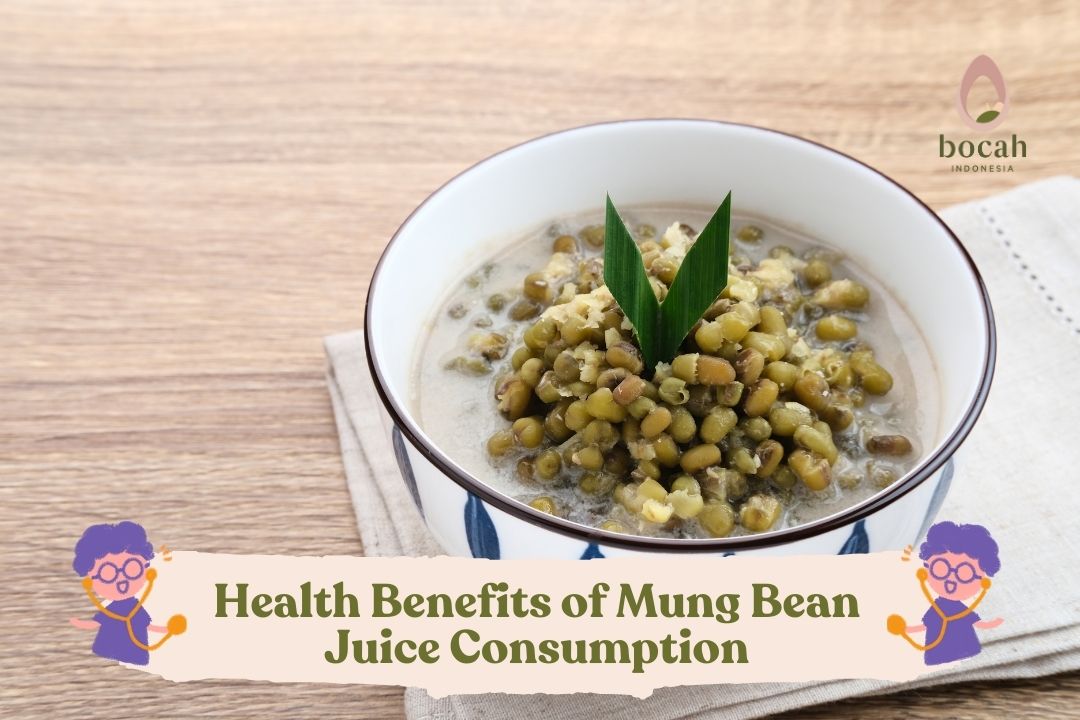Coffee Consumption Trends and the Risks Faced
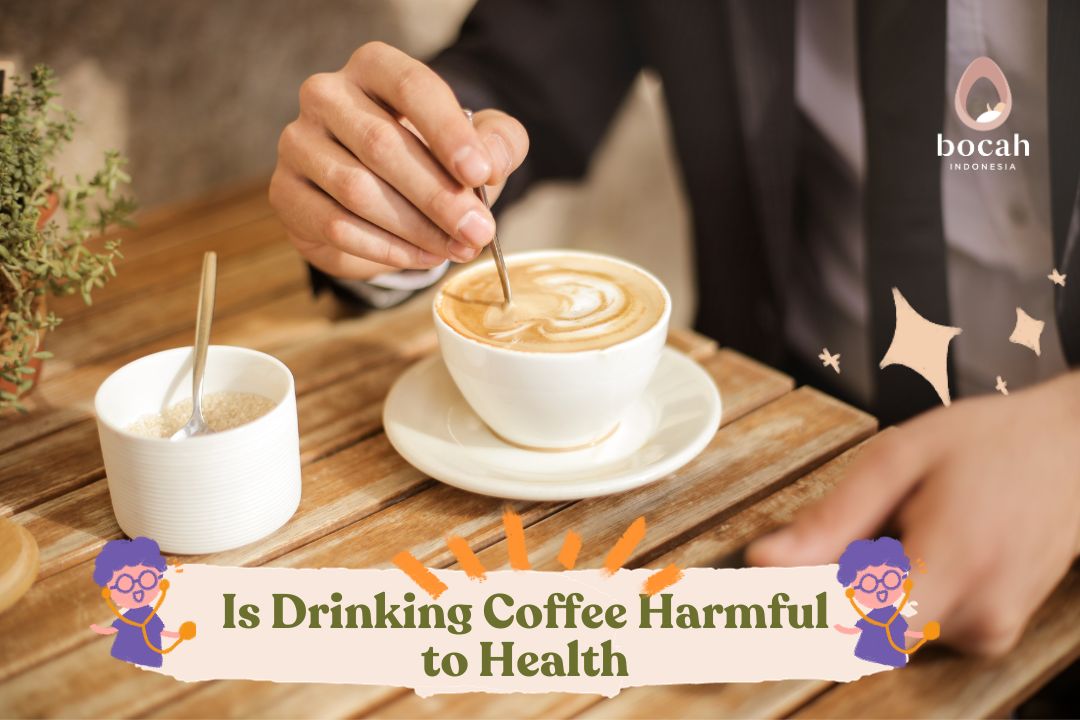
Excessive coffee consumption can impact health conditions and even reduce fertility levels.
Do Mom and Dad enjoy consuming coffee? Besides its enjoyable taste, coffee can help enhance mood and concentration abilities. Consuming coffee has become a common lifestyle choice for various groups of people.
Unfortunately, for some individuals, drinking coffee can lead to heart palpitations, sleep difficulties, and even increased gastric acid. A brewed cup of coffee typically contains 95-200 milligrams of caffeine.
In contrast, instant coffee contains less caffeine, ranging from 27-173 milligrams. It’s no wonder that many people turn to coffee to combat drowsiness due to its high caffeine content.
Is Coffee Consumption Harmful to Health?
Coffee beans have a high content of antioxidants, which can help prevent diseases such as liver problems, Parkinson’s, and dementia.
Tanya Ferly tentang Promil?
Although enjoyable, daily coffee consumption can have health impacts, resulting in dangerous side effects for the body. Here are some potential side effects of daily coffee consumption:
Causes sleep disturbances
One possible side effect of excessive coffee consumption is sleep disruption. Many people choose coffee to ward off sleepiness due to its caffeine content.
However, caffeine consumption can also block a chemical compound called adenosine, which triggers sleepiness.
If sleep disturbances occur daily due to coffee consumption, it can lead to insomnia. Prolonged insomnia can have negative effects on overall health.
Causes digestive issues
Another potential side effect of coffee consumption is digestive problems, especially in individuals with sensitive digestive systems.
The caffeine in coffee can weaken the lower esophageal sphincter’s muscle, causing it to fail in preventing stomach acid from flowing into the esophagus, leading to acid reflux or gastroesophageal reflux disease (GERD).
For those with sensitive digestion, caution is advised. Consuming coffee on an empty stomach can cause severe gastric irritation. High acid levels can be corrosive and lead to stomach irritation.
Triggers anxiety
Have you ever felt jittery or anxious after drinking coffee? This is one of the body’s responses to daily coffee consumption.
The caffeine in coffee can elevate catecholamines in the blood, leading to a fight-or-flight response.
This condition can occur if excessive coffee is consumed in a single day, resulting in a more intense body response.
Raises blood pressure
Another side effect of excessive coffee consumption is increased blood pressure. This is because caffeine blocks hormones that widen blood vessels, causing them to constrict and raise blood pressure.
Increases frequency of urination
Frequent urination can be a result of consuming coffee with caffeine. Caffeine in coffee has diuretic properties, increasing urine production. Therefore, daily coffee consumption can lead to more frequent urination.
According to the American Journal of Physiology-Renal Physiology, caffeine inhibits the reabsorption of important substances by the body.
This inhibition of reabsorption causes these substances to be excreted through urine, leading to an increase in urination frequency.
Can harm muscles
Long-term daily coffee consumption can pose a risk of muscle damage, although it is rare, it is still possible.
According to a study published in the Human and Experimental Toxicology journal, high caffeine intake through daily coffee consumption can lead to skeletal muscle damage or rhabdomyolysis.
Does Coffee Consumption Affect Fertility?
Although coffee is enjoyed daily, it can affect fertility due to its caffeine content. The maximum recommended caffeine intake for women trying to conceive is 200 mg per day.
A study published in the Clinical Epidemiology journal suggests that excessive caffeine intake can make it more difficult to get pregnant.
Moreover, consuming more than two cups of coffee a day can reduce the success rate of in vitro fertilization (IVF). However, further research is needed to establish the relationship between caffeine intake and fertility.
It’s important to note that caffeine is also present in chocolate and tea. Make sure not to consume them excessively.
That’s the explanation regarding the effects of coffee on health and fertility. Start a healthy lifestyle before embarking on your conception journey for optimal results. Never give up on your journey because #ThereIsAlwaysHope.
Source:
- Lyngso, J., et al. (2017). Association between coffee or caffeine consumption and fecundity and fertility: a systematic review and dose-response meta-analysis. Clin Epidemiol. 2017 Dec 15;9:699-719. https://pubmed.ncbi.nlm.nih.gov/29276412/
- Bu, F.L., et al. (2020). Relationship between caffeine intake and infertility: a systematic review of controlled clinical studies. BMC Womens Health. 2020; 20: 125. https://www.ncbi.nlm.nih.gov/pmc/articles/PMC7298863/
- Ricci, E., et al. (2017). Coffee and caffeine intake and male infertility: a systematic review. Nutr J. 2017; 16: 37. https://www.ncbi.nlm.nih.gov/pmc/articles/PMC5482951/
- Fenton, R.A., et al. (2015). Caffeine-induced diuresis and natriuresis is independent of renal tubular NHE3. American Journal of Physiology-Renal PhysiologyVol. 308, No. 12. https://journals.physiology.org/doi/full/10.1152/ajprenal.00129.2015
- Chiang, W.F., et al. (2014). Rhabdomyolysis induced by excessive coffee drinking. Human and Experimental Toxicology, 2014, Vol. 33(8) 878–881. https://journals.sagepub.com/doi/pdf/10.1177/0960327113510536


